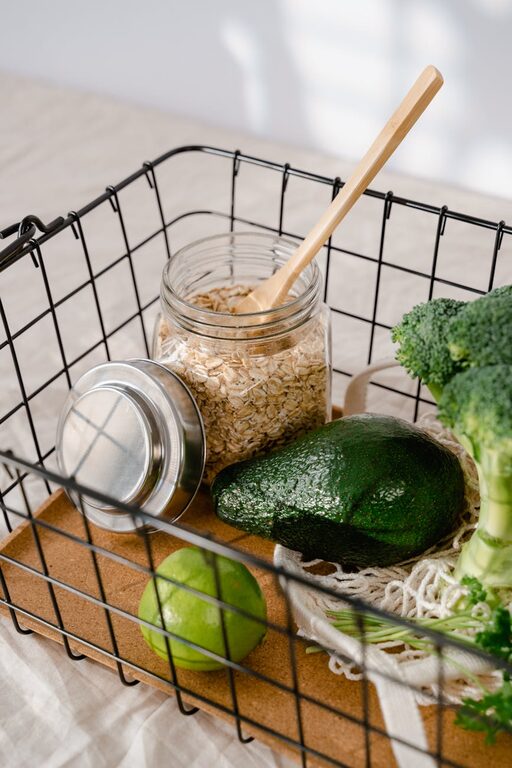Practical Ways to Reduce Food Waste at Home

Reducing food waste at home is a practical way to save money, reduce environmental impact, and make the most of the food you buy. Every year, tons of edible food end up in the trash, which not only wastes resources but also contributes to landfill pollution. Fortunately, with a few mindful habits and simple techniques, you can easily cut down on food waste in your household. In this post, we’ll explore effective strategies to help you waste less food and enjoy meals more sustainably.
Why Reducing Food Waste Matters
Before diving into tips, it’s worth understanding why reducing food waste is important. Food production uses water, energy, labor, and land. When food is wasted, all these inputs are wasted too. Moreover, organic waste contributes to methane emissions in landfills, a potent greenhouse gas. At the household level, food waste can add up to hundreds of dollars lost each year. By reducing waste, you not only help the environment but also improve your budget and kitchen efficiency.
Tips to Reduce Food Waste at Home
1. Plan Your Meals Ahead
One of the biggest causes of food waste is buying items you don’t need or use. Meal planning allows you to create a shopping list based on actual meals and ingredients you will use during the week.
– Decide on meals for the week to avoid impulse buying.
– Check your pantry and fridge before shopping.
– Buy only the quantities you need.
2. Shop Smart and Avoid Overbuying
At the grocery store, stick to your shopping list and resist bulk purchases unless you are certain you can consume the items before they expire.
– Choose loose fruits and vegetables to buy exactly what you need.
– Consider the shelf life of perishables.
– Understand portion sizes to avoid excess.
3. Store Food Properly
Proper storage can greatly extend the life of food items and reduce spoilage.
– Use airtight containers for leftovers and opened packages.
– Store fruits and vegetables according to their specific requirements (e.g., some keep better in the fridge, others at room temperature).
– Keep your fridge organized so you can quickly see what you have.
4. Understand Food Labels
“Best before” and “use by” dates can be confusing but don’t always mean food is unsafe immediately after the date.
– “Best before” refers to quality, not safety.
– Use your senses—look, smell, and taste—to judge food freshness.
– When in doubt, freeze food close to the expiration date to extend usability.
5. Use Leftovers Creatively
Leftovers don’t have to be boring or repeatedly reheated meals.
– Turn vegetable scraps into broth.
– Use stale bread to make croutons or bread pudding.
– Repurpose leftover meat or grains into new dishes like stir-fries or salads.
6. Compost Food Scraps
Even with best efforts, some food scraps are unavoidable. Composting turns organic waste into nutrient-rich soil.
– Set up a compost bin for peelings, coffee grounds, and eggshells.
– Avoid composting meat, dairy, and oily foods.
– Use compost in your garden or houseplants.
7. Serve Smaller Portions
Sometimes food waste happens because people take more food than they can eat.
– Serve smaller portions and offer seconds if people are still hungry.
– Encourage mindful eating habits with family members.
– Store extras promptly for later meals.
8. Freeze Excess Food
Freezing is an excellent way to preserve surplus food.
– Freeze bread, meat, fruits, and vegetables in airtight packaging.
– Label and date items before freezing.
– Use frozen food within recommended time frames for best quality.
Additional Tips for a Waste-Conscious Kitchen
Keep a Food Waste Diary
Track what you throw away and why. This can help identify patterns and areas to improve.
Use Apps or Technology
Several apps help track food inventory, plan meals, or provide recipes based on leftovers.
Educate Your Household
Make reducing food waste a shared goal. Involve family members in meal planning and awareness.
Final Thoughts
Reducing food waste at home doesn’t require drastic lifestyle changes. By being a bit more mindful with planning, shopping, storage, and creative cooking, you can significantly cut down food waste. This benefits your wallet and the planet—making your kitchen a little greener one meal at a time. Start with small changes today and build habits that lead to less waste and more enjoyment of your food.




